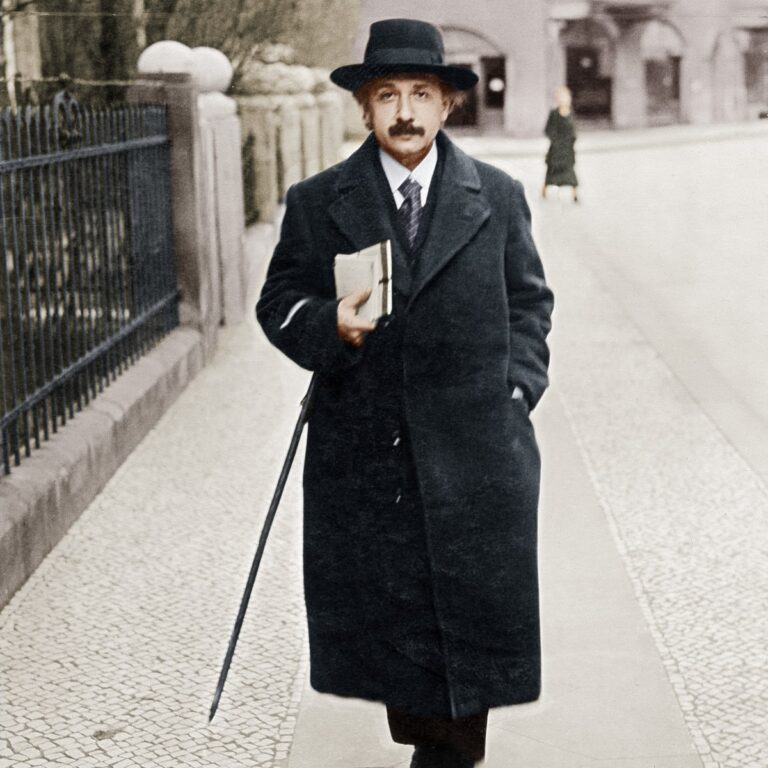University of Copenhagen and Microsoft’s Quantum Lab Research Coddling Quantum Data
The observation of photon-assisted tunneling signatures in Majorana wires
Selected notes ~
+ Researchers at the University of Copenhagen and Microsoft Quantum Lab Copenhagen have recently carried out a study investigating the potential of Majorana zero modes, zero-energy quasiparticle states that can be found in superconductive hybrid nanowires, as a means of protecting quantum data.
“Our long-term goal is to develop a means of protecting and controlling quantum information for quantum computing applications,” co-author of the paper Prof. Charles Marcus told Phys.org via e-mail. “An intriguing proposal is to use Majorana zero modes to offer protection at the physics level, rather than at the circuit level using redundancy and error correction.”
+ Theoretically, using Majorana zero modes to protect quantum data should thus be rather simple and straight-forward. However, this has so far proved very difficult to realize, as it requires substantial efforts, including the development of methods to read out zero-energy states and the design of hybrid materials that can reach these states in the first place.
+ The method used by the researchers is quite simple. It entails measuring the average charge occupation of a double-island structure that hosts Majorana zero modes, while simultaneously applying a microwave tone to a nearly metallic structure coupled predominantly to one of the structure’s islands.
Source: PHYS.ORG. Ingrid Fadelli, The observation of photon-assisted tunneling signatures in Majorana wires…
Content may have been edited for style and clarity.

